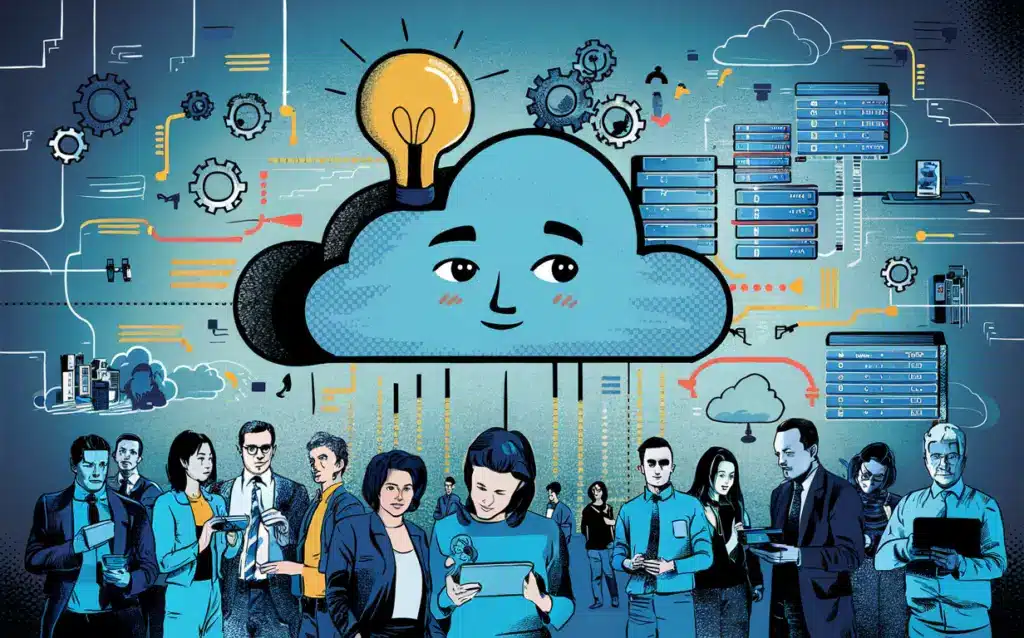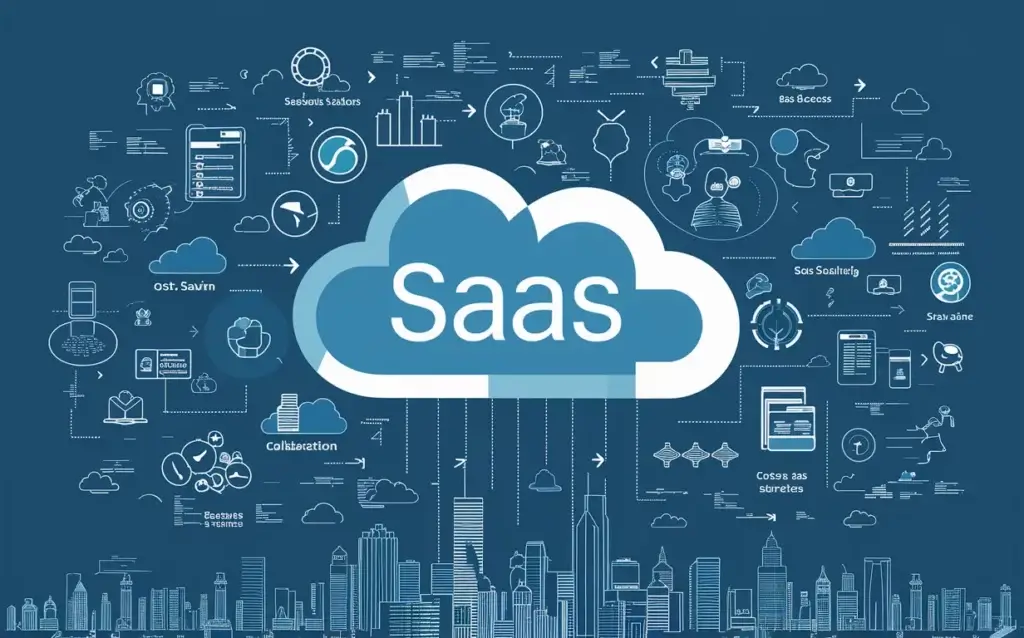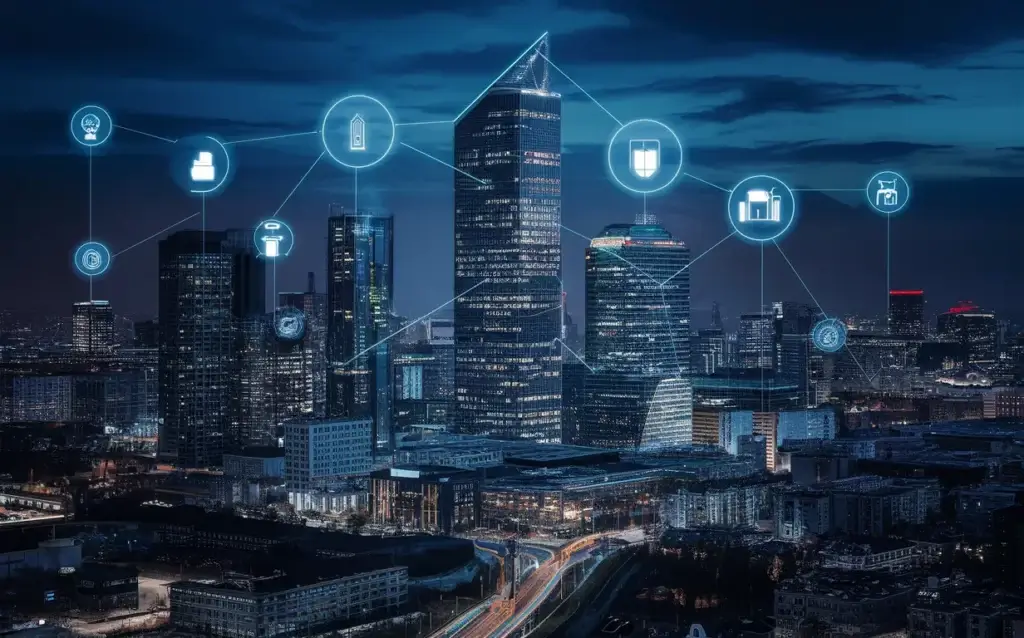Innovations in cloud technology: the future of IT
Cloud technology has become an indispensable part of the IT industry in recent years. It enables companies to store and manage their data and applications over the internet instead of having to rely on local servers or hardware. This flexibility has not only revolutionised the way companies design their IT infrastructure, but has also significantly increased the efficiency and agility of business processes. By utilising cloud services, [...]
Innovations in cloud technology: the future of IT Read more »

















